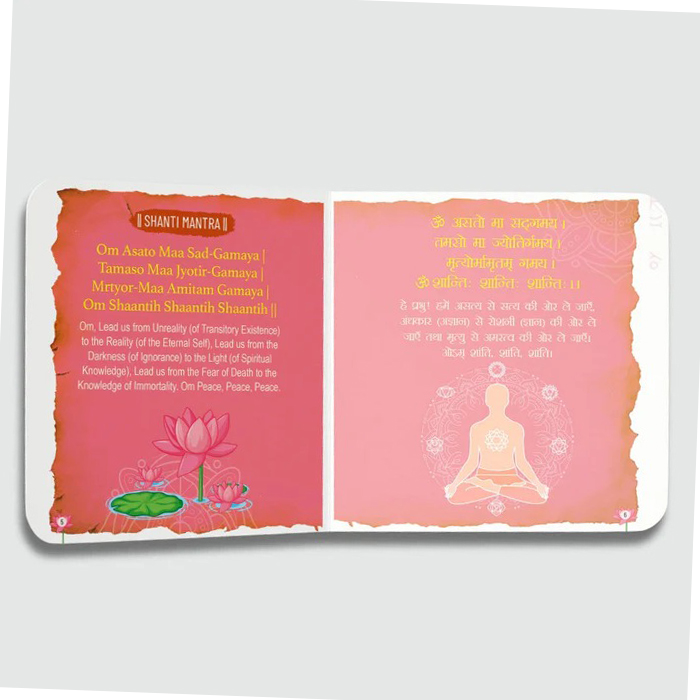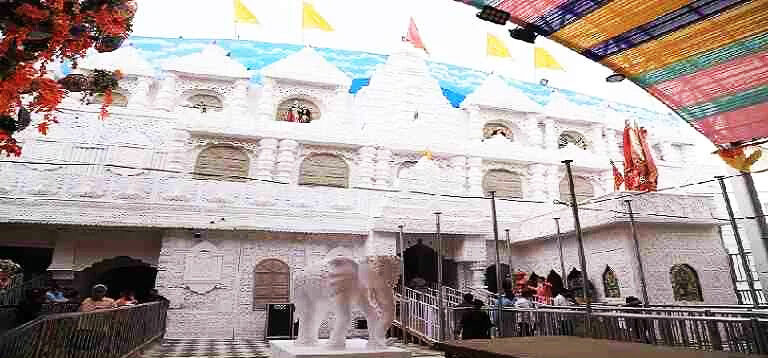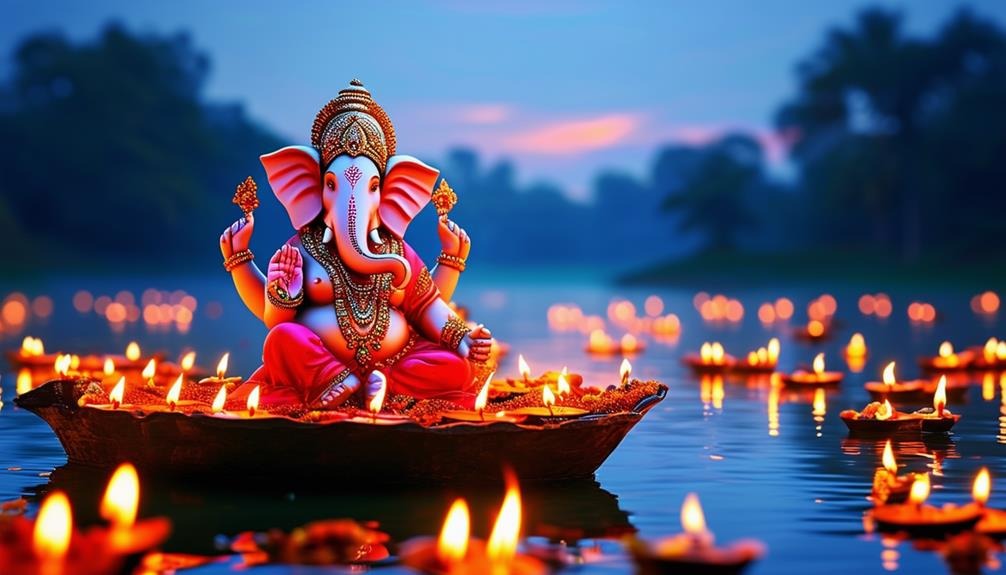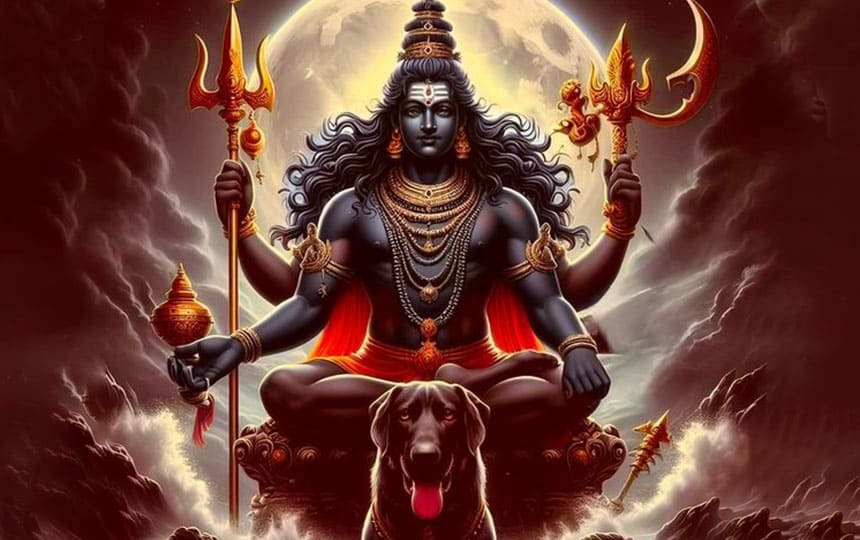The mystery of what happens after we die has intrigued humanity for millennia. Across cultures and religions, there are diverse beliefs and interpretations of the afterlife—a spiritual realm where the essence of a person continues to exist beyond physical death. This article delves into various perspectives on the afterlife, examining common themes and spiritual beliefs that provide comfort, meaning, and understanding of this profound transition.
The Journey of the Soul
Many spiritual traditions agree that death is not the end but a transition from the physical world to a spiritual existence. The concept of the soul—a non-physical essence of a person—plays a central role in these beliefs. In Hinduism, the soul (Atman) is eternal and undergoes a cycle of birth, death, and rebirth (samsara) until it achieves liberation (moksha). Similarly, in Buddhism, the cycle of rebirth (reincarnation) continues until one attains enlightenment (Nirvana).
In contrast, Abrahamic religions like Christianity, Islam, and Judaism generally believe in a single earthly life followed by an eternal afterlife. Christians believe in heaven and hell, where souls are rewarded or punished based on their earthly deeds. Islam also teaches about paradise (Jannah) and hell (Jahannam), emphasizing the importance of living a righteous life according to God’s will. Judaism’s views on the afterlife are more varied but often include concepts of an afterlife or resurrection.
Near-Death Experiences
Near-death experiences (NDEs) offer intriguing glimpses into the possibility of an afterlife. Many people who have had NDEs report similar phenomena: a sense of detachment from the body, traveling through a tunnel, encountering a bright light, and meeting deceased loved ones or spiritual beings. These experiences are often transformative, leading individuals to reevaluate their lives and beliefs about death.
While skeptics argue that NDEs can be explained by neurological and physiological processes during traumatic events, others believe they provide evidence of a spiritual realm. Research on NDEs continues, contributing to the broader discussion on the nature of consciousness and the possibility of life after death.
The Role of Rituals and Beliefs
Rituals and beliefs surrounding death and the afterlife serve to provide comfort and meaning to the bereaved. Funerary customs, prayers, and ceremonies help the living honor the deceased and cope with their loss. In many cultures, these practices are deeply rooted in the belief that the deceased’s soul transitions to another realm.
For instance, in Hinduism, cremation is performed to release the soul from the physical body, and rituals like the Shraddha ceremony help ensure the soul’s peaceful journey to the afterlife. In Mexican culture, the Day of the Dead (Día de los Muertos) is a celebration where families honor their deceased loved ones, believing that their spirits return to be with them.
These practices reflect the enduring human need to understand and connect with the mysteries of death and the afterlife.
The Afterlife as a Moral Compass
Beliefs about the afterlife often serve as a moral compass, influencing how people live their lives. The promise of reward or the threat of punishment in the afterlife encourages ethical behavior and adherence to spiritual principles. This concept is evident in many religious teachings that emphasize the importance of living virtuously to achieve a favorable afterlife.
Moreover, the belief in an afterlife provides solace to those facing the inevitability of death. It offers hope and reassurance that death is not the end but a continuation of the soul’s journey.
Conclusion
The concept of the afterlife is a testament to humanity’s enduring quest to understand the mysteries of existence. Whether through religious teachings, personal experiences, or cultural rituals, the idea of a spiritual world after death provides profound comfort and meaning. While the nature of the afterlife remains a subject of debate and interpretation, its significance in human culture is undeniable. It shapes our understanding of life, death, and the enduring connection between the physical and spiritual realms.













